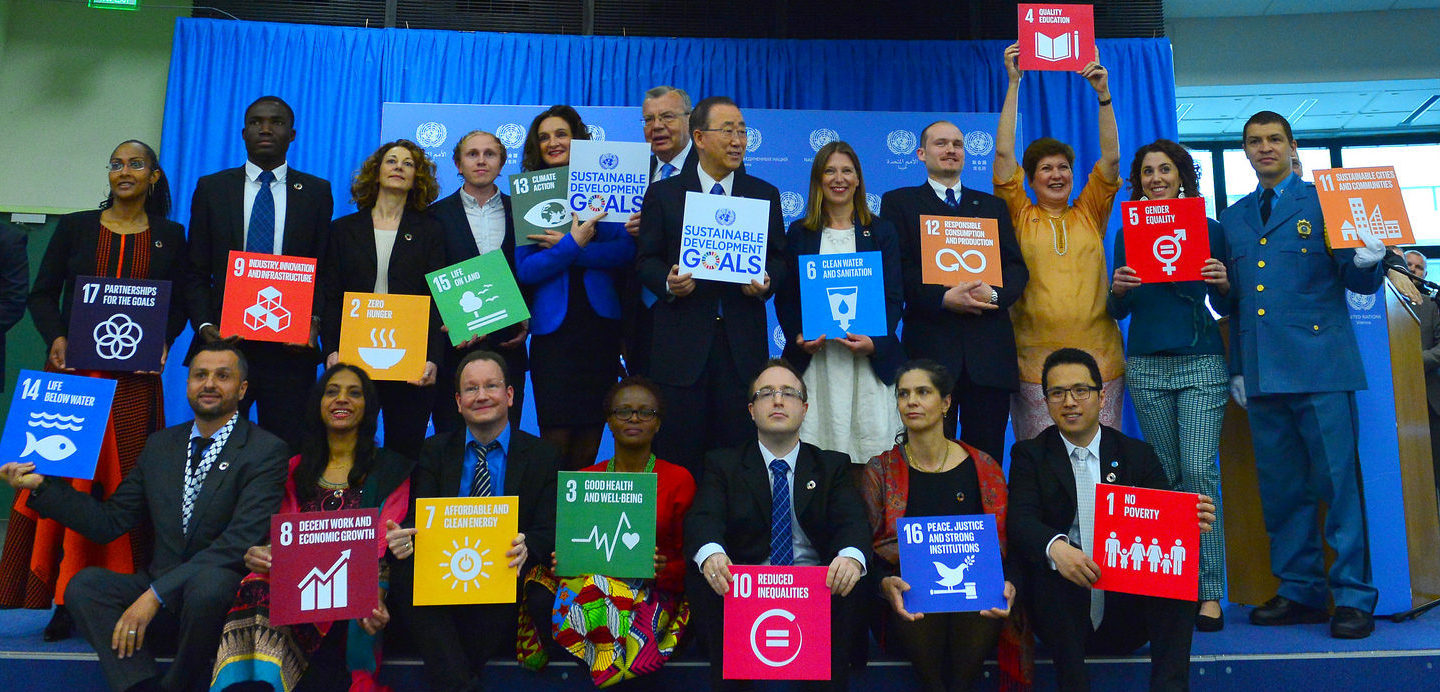16 February, 2015
A recently published scientific review of the 169 targets set for the Sustainable Development Goals (SDGs) has warned that over half of them need more work to make them well-defined.
A recently published scientific review of the 169 targets set for the Sustainable Development Goals (SDGs) has warned that over half of them need more work to make them well-defined.
The new independent review has been produced by the International Council for Science (ICSU), in partnership with the International Social Science Council (ISSC).
It found that out of the 169 targets, only 29% are well-defined and based on the latest scientific evidence. The paper suggests that 54% need strengthening and 17% are weak or non-essential.
The review found that many of the targets are repetitive, rely too much on vague, qualitative langauge and will be hard to measure if progress has been made. The authors warn that these unconvincing targets migh deter donor agencies from engaging with the SDGs, and recommend that many be changed to specific endpoints, rather than vague activities.
The SDGs are the successors to the Millenium Development Goals (MDGs) – a set of eight international agreements organised by the United Nations in 2000.
The MDGs, though only voluntary, have served as useful targets for countries to aim for, with many showing good progress towards achieving development outcomes. For example, the percentage of children under five years old who were stunted from poor nutrition has dropped from 40% in 1990 to 25% in 2012.
The SDGs are set to be approved at the General Assembly of the UN in September. Despite this recent paper, some are concerned that the process is too far along for any signifant strengthening of the proposed 169 targets to be made.
On a related note, the UK Government has also published its response to the Environmental Audit Committee’s enquiry on Connected World: Agreeing ambitious Sustainable Development Goals in 2015. See it here.
To read the full report click here, or visit the ICSU website.
You can also read an article about the report on the Science website.
